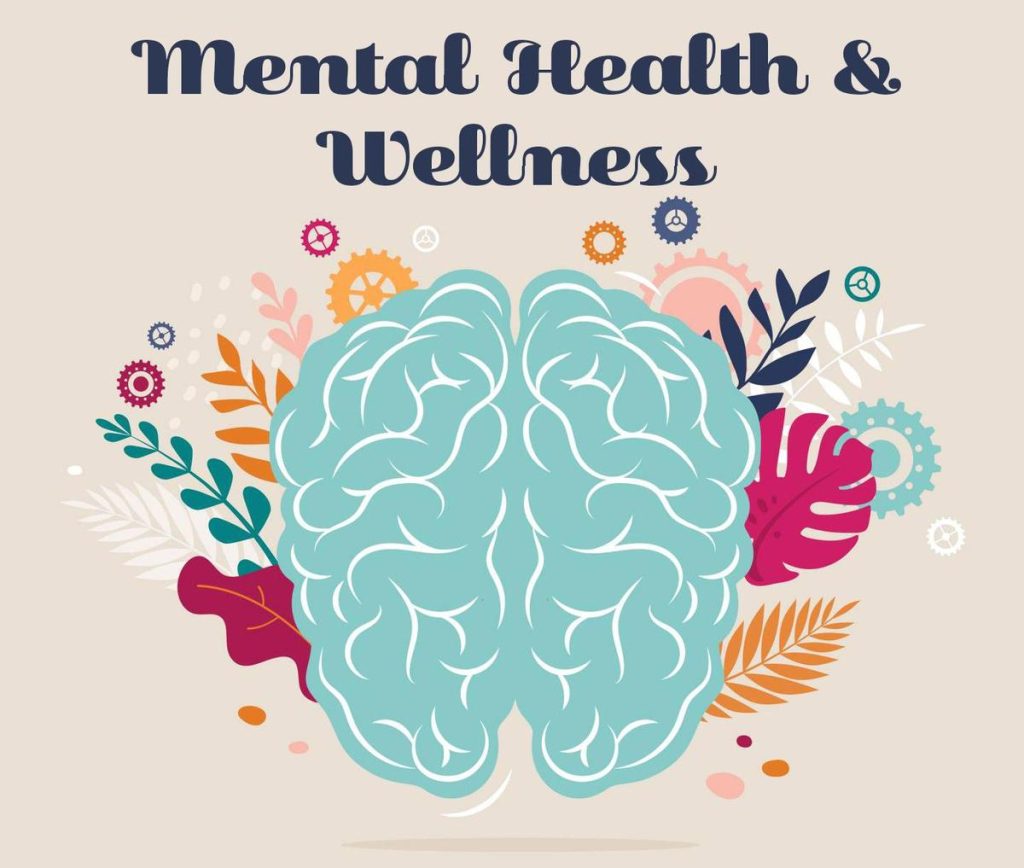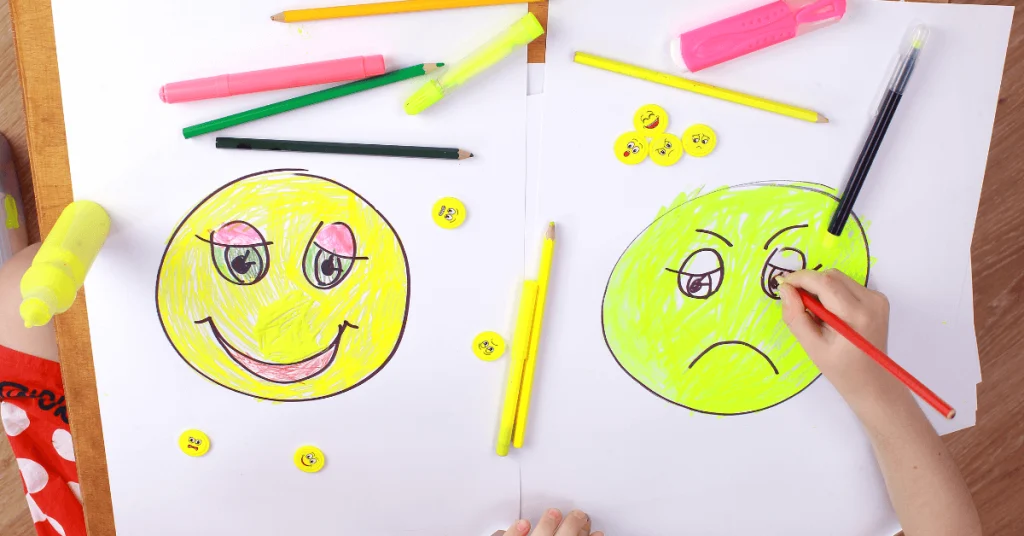
As adults, our mental wellness profoundly affects the children in our lives as parents and as care-giving relatives. To help promote optimal psychological development in children, we need to start thinking about the mental health of our babies long before they arrive, so we can prepare to offer them a safe and supportive environment that fosters adequate mental wellness.
The Importance of Early Brain Development

A child’s brain develops rapidly in the first three years of life and is crucial for laying the foundation of their mental well-being. This period is marked by significant growth in their ability to relate to others and express their emotions. During this time, early interventions—such as providing emotional support or identifying potential mental health concerns—are more effective than addressing issues later on.
What to observe in your baby
Just as parents track physical milestones like a baby’s first steps, it’s important to monitor emotional and social milestones. In these early years, children begin learning to:
- Handle and express emotions – Infants rely on caregivers to guide them through their emotional experiences, helping them make sense of their feelings.
- Build secure relationships – Babies need to feel loved and secure with their caregivers. This helps them form strong emotional bonds that will influence their future relationships.
- Explore their world – A child’s emotional and social skills develop through their interactions with their surroundings, family, and culture. Feeling safe and loved helps them gain confidence to explore.
Factors Influencing Infant Mental Health
There are many factors that can shape a child’s mental health from the moment they are born—and even before. A mother’s physical and mental health during pregnancy, exposure to alcohol, drugs or environmental toxins, and stressful situations during pregnancy can all impact an infant’s development. If a mother experiences domestic violence during pregnancy, it can increase the likelihood of preterm birth and developmental issues in the baby.
Mothers need to get adequate clinical management for medical and psychiatric conditions such as hypertension, diabetes, sickle cell disease in pregnancy, depression, psychosis or bipolar disorder. Any of the above exposures can lead to birth defects, preterm birth, and low birth weight in the baby or cause a new mother to neglect her child and these factors have been linked to an increased risk of behavioural and psychological disorders as the child grows. Understanding these influences helps parents create a healthy environment for their baby to thrive emotionally and mentally.
Practical Tips for promoting Mental Health for your baby
Decades of research show that kids thrive when their home is a place where they feel liked, understood, and safe. Simple actions like being attentive to their needs, offering comfort when they’re upset, and being a steady, reliable presence will make a huge difference in their emotional development as they develop attachment.
Stress can impact a child’s emotional development, but parents have the power to help their baby manage it. For example, when an infant feels frightened or neglected, their stress response kicks in. It’s the caregiver’s job to soothe the baby and help them feel safe again. This can only be effective in an environment where both parents strive to build a happy and healthy relationship with each other. This teaches your baby that the world is predictable and that they are cared for. On the other hand, when a child doesn’t receive the emotional support they need, their ability to manage stress can be affected long-term.
Modeling Healthy Emotional Responses

Your baby learns how to handle emotions by watching you. It’s perfectly fine to express emotions like anger, frustration, or sadness around your child, as long as it’s done in a calm and appropriate way. For example, when you’re upset, show your child how you manage those feelings by taking a walk, practising deep breathing, or asking for support from others. This teaches your child that it’s okay to have feelings, and more importantly, how to manage them.
Remember, mental health isn’t about being happy all the time. It’s about experiencing emotions appropriately and learning how to cope with them. Showing your child how to handle difficult emotions is one of the best ways to promote their emotional development.
Managing Parental Stress
Parenting can be overwhelming at times, and it’s important to take care of yourself. Surround yourself with a supportive community so you can get help when you’re feeling stressed. It’s also helpful to find healthy distractions—whether it’s reading, spending time with friends, or simply taking a break to recharge.
Taking care of your physical health is equally important. Get enough sleep, eat well, and stay active to ensure you have the energy to care for your child. By managing your own stress, you’ll be better equipped to handle the challenges of parenthood and provide the emotional support your baby needs.
By creating a loving, stable environment and taking care of your own mental health, you’re giving your child the best possible start. Infant mental health is about more than preventing problems—it’s about nurturing emotional growth and helping your child build a strong foundation for the future.
References
- Duquesne University School of Nursing. (2024, August 5) Infant Mental Health Guide for Parents and Healthcare Providers. https://onlinenursing.duq.edu/blog/infant-mental-health-guide/
- Damour, L. UNICEF. How to build your baby’s mental health: Mini Parenting Master Class – A psychologist’s tips on helping your child to feel safe and protected. UNICEF Parenting. https://www.unicef.org/parenting/health/busted-7-myths-about-mental-health
